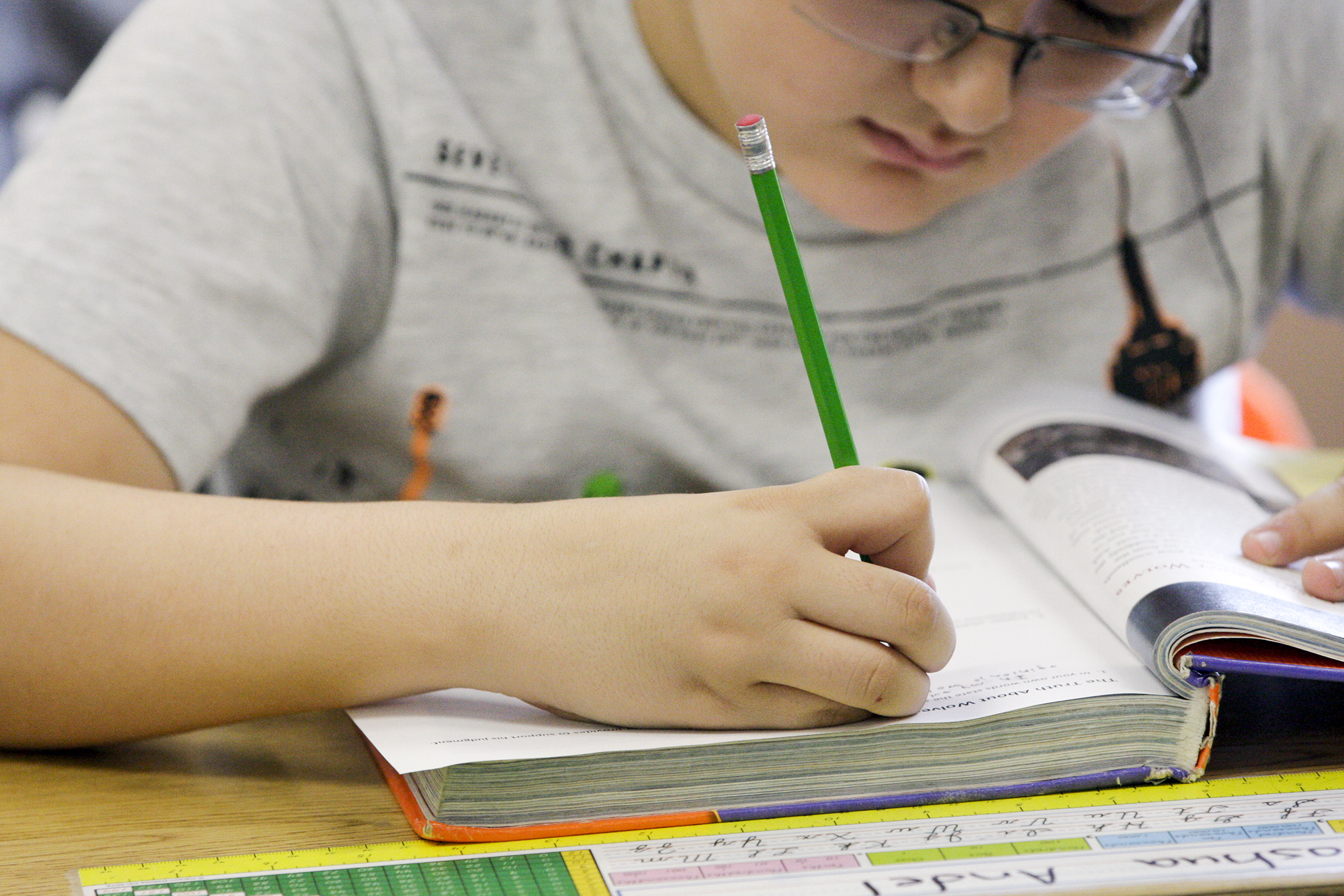Substitute teacher program, charter school PSEO access in education policy bill that clears House

Post-secondary eligibility options, substitute teachers and epinephrine delivery systems are parts of a bill getting a favorable grade Friday night.
Sponsored by Rep. Sydney Jordan (DFL-Mpls) and amended to include the House language and a couple other provisions, HF1306/SF1740* is the education policy bill.
Passed 131-3 it now goes back to the Senate, which passed its version 39-26 April 24. A conference committee is expected to try and work out the differences.
Epinephrine inhalers
To keep up with changing health technology, the bill would expand the allowable delivery systems for epinephrine in schools from only autoinjectors to include other delivery systems, such as inhalers. It would also require the Health Department to provide a school with a standing order for distribution of epinephrine delivery systems.
More substitute teachers
To create opportunities for more substitute teachers, the bill would make the short-call emergency substitute teacher pilot program permanent. It allows qualifying education support personnel or paraprofessionals to obtain a short-call substitute teacher license.
The bill would also allow a substitute teacher to work for 10 consecutive school days in the same assignment and modify requirements to substitute teacher rate of pay.
[MORE: Education policy bill tackles teacher shortages, student health]
Amendments offered
Rep. Cheryl Youakim (DFL-Hopkins) successfully offered an amendment that would allow schools to start as soon as Sept. 1 for the 2026-27 and 2027-28 school years, and a Jordan amendment to remove the length of school year and hours of instruction provisions was approved.
Rep. Ben Bakeberg (R-Jordan) unsuccessfully offered two amendments. One would allow a kindergarten through grade 3 student to only be dismissed for a period of up to three school days and make other disciplinary changes, the other would have allowed a student to be suspended no more than three school days.
The bill would also:
- open the post-secondary enrollment option program to charter school students;
- let a district include in secondary school hours of instruction experiences, including outside the regular school day, that allow students to earn academic credit if they are supervised, coordinated, and verified by a qualified teacher; and
- allow a school board to adopt a Pathways in Technology Early College High School program without department approval. And the department would be prohibited from approving or denying a locally adopted P-TECH plan.
Related Articles
Search Session Daily
Advanced Search OptionsPriority Dailies
Legislative leaders set 2026 committee deadlines
By Lisa Kaczke Legislative leaders on Tuesday officially set the timeline for getting bills through the committee process during the upcoming 2026 session.
Here are the three deadlines for...
Legislative leaders on Tuesday officially set the timeline for getting bills through the committee process during the upcoming 2026 session.
Here are the three deadlines for...